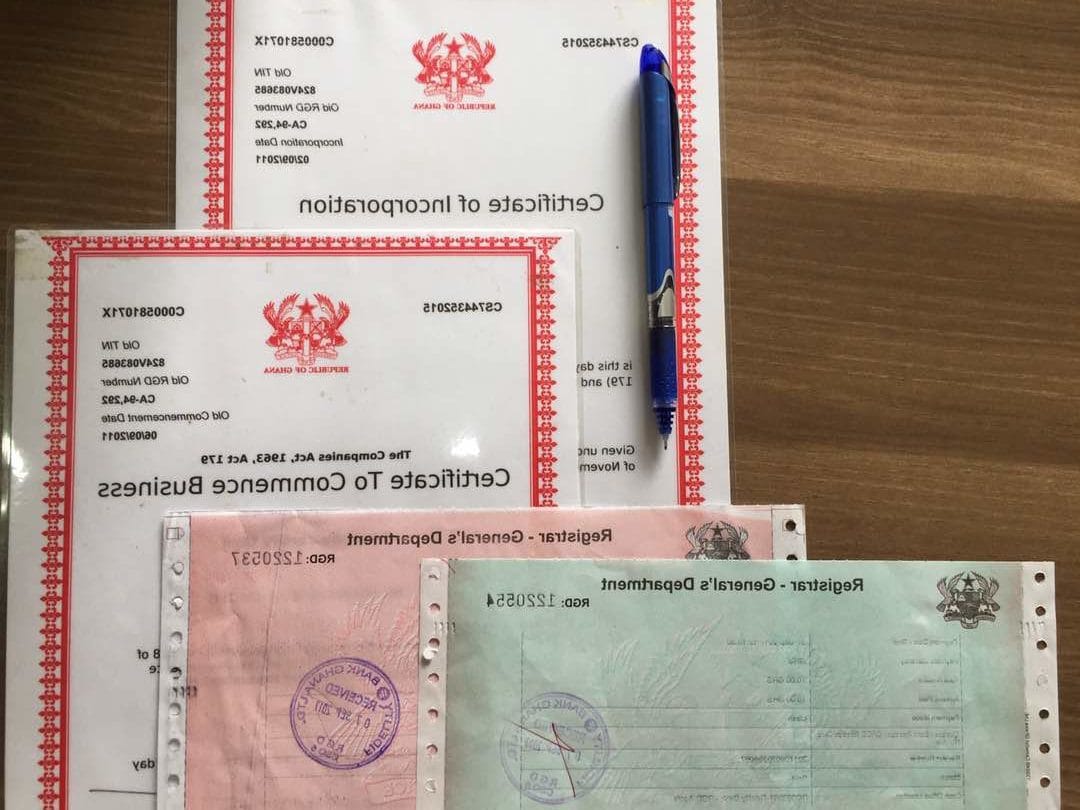Online shopping is convenient — you can order almost anything from the comfort of your home. But the internet is also full of fake sellers and scams targeting unsuspecting buyers. One wrong click and you could lose your money or receive a product completely different from what you ordered.
Here’s how to protect yourself and shop online safely.
1. Buy from Trusted Websites or Sellers
•Stick to well-known e-commerce platforms like Jumia, Amazon, eBay, or reputable Ghanaian online stores.
•If it’s a smaller business, research them first — check their reviews, social media presence, and how long they’ve been operating.
2. Check Reviews Before You Buy
•Look for reviews from real customers (preferably with pictures).
•Be cautious if a product or seller has no reviews or only overly positive comments — they might be fake.
3. Avoid “Too Good to Be True” Deals
If the price is unbelievably low, it’s often a scam. Scammers lure buyers with big discounts to make them pay quickly without thinking twice.
4. Verify Contact Information
•Legit sellers provide a working phone number, physical address, or business email.
•Call or message them before making a purchase to test responsiveness.
5. Use Secure Payment Methods
•Avoid direct bank transfers or mobile money to unknown numbers.
•Use payment methods that offer buyer protection (PayPal, debit/credit cards via secure gateways, or official Mobile Money merchant accounts).
6. Don’t Pay in Full for Custom Orders Without Proof
If you’re ordering a custom or pre-order item, ask for progress photos or proof of work before paying the full amount.
7. Double-Check the Website’s Security
•Look for “https://” in the web address — the “s” means it’s secure.
•Avoid entering payment details on unsecured sites.
8. Keep All Records
Save payment receipts, email confirmations, and chats with the seller. These can help if you need to report a scam.
9. Meet in Person for High-Value Items
For expensive purchases from local sellers, arrange to meet in a safe, public place and inspect the product before paying.
Final Tip:
Patience is key. Always research before you pay, even if it means missing out on a “flash sale.” It’s better to be safe than to lose money to an online scam.









